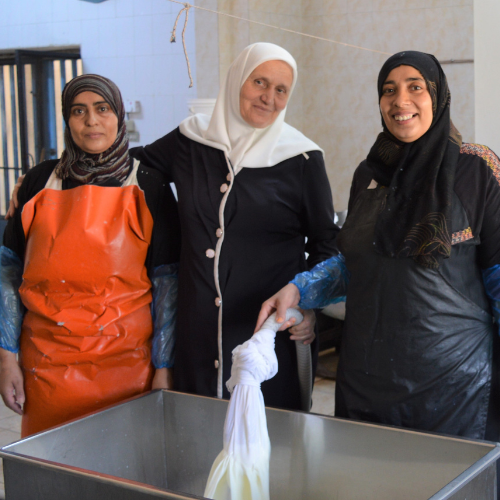
Does Market Systems Development Work for Women’s Financial Empowerment?
- Partner: Arab Women’s Enterprise Fund (AWEF), DAI, The SEEP Network, UK Department for International Development (DFID)
- Publication Type: Webinar
- Date: April 16, 2020
This webinar builds on MSA’s work supporting the Arab Women’s Enterprise Fund (AWEF) to stimulate increased women’s economic empowerment through a market systems approach. Funded by the U.K. Department for International Development (DFID) and working in Jordan and Egypt, AWEF has been one of DFID’s flagship women’s economic empowerment programmes and the first to innovatively apply a market systems development approach to enhance women’s participation in markets.
Read More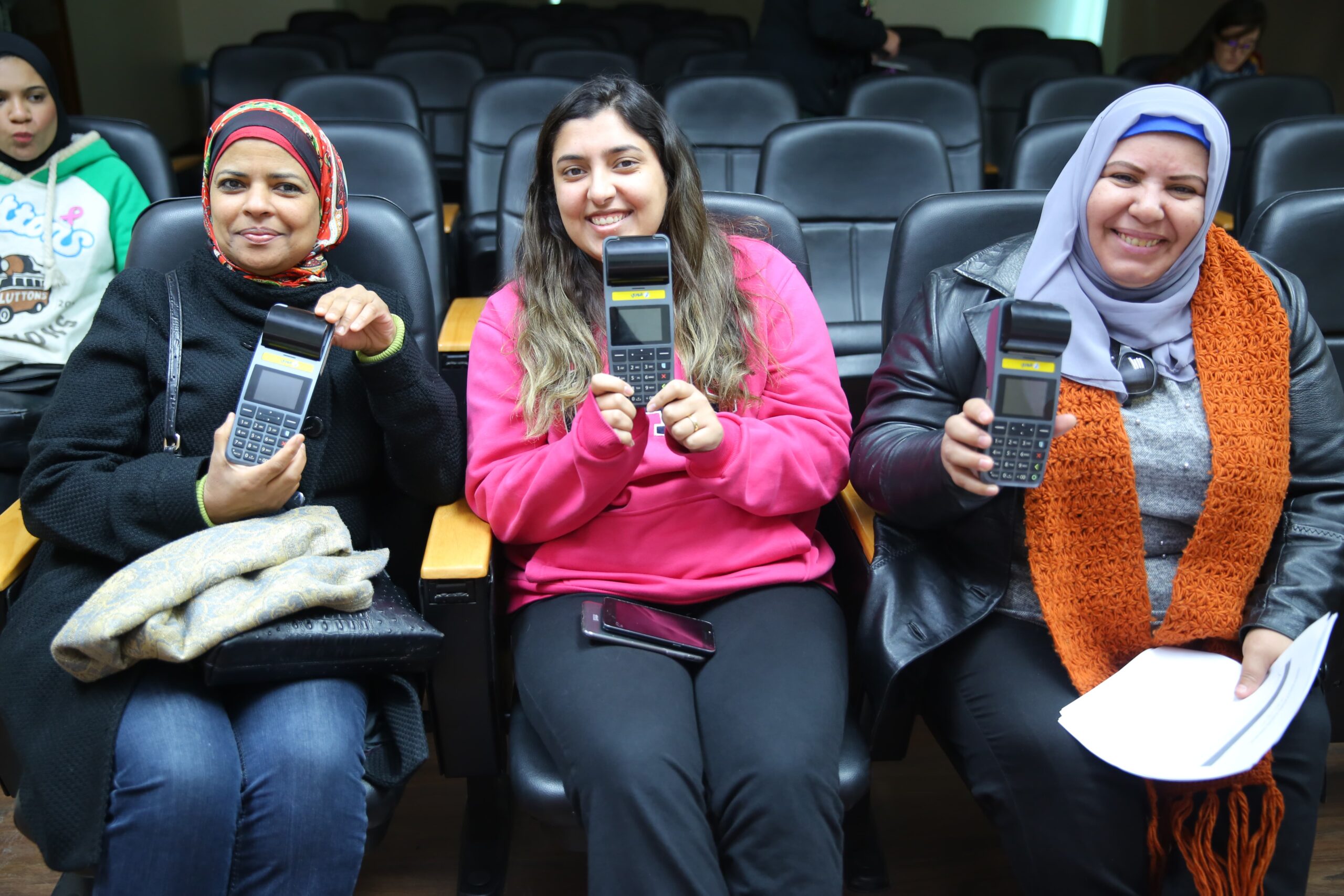
Making Digital Finance Work for Women in the MENA Region: 8 Lessons from the Field
- Partner: Arab Women’s Enterprise Fund (AWEF), DAI, UK Department for International Development (DFID)
- Publication Type: Blog Post
- Date: April 13, 2020
This blog builds on MarketShare Associates' work supporting the Arab Women’s Enterprise Fund (AWEF) to stimulate increased women’s economic empowerment through a market systems approach in Jordan and Egypt. Drawing from AWEF’s Practitioner Learning Brief, Making Digital Finance Work for Women in the MENA Region (2020), the authors explore opportunities and challenges of Digital Financial Services (DFS) and highlight eight lessons on how to design and implement interventions that can pave the way for women’s digital financial empowerment across the Middle East and North Africa (MENA) region and more widely.
Read More
Making Digital Finance Work for Women in the MENA Region: 8 Lessons from the Field
- Partner: Arab Women’s Enterprise Fund (AWEF), DAI, UK Department for International Development (DFID)
- Publication Type: Report
- Date: April 2020
This Practitioner Learning Brief builds on MarketShare Associates' work supporting the Arab Women’s Enterprise Fund (AWEF) to stimulate increased women’s economic empowerment through a market systems approach. The Brief explores opportunities and challenges of Digital Financial Services (DFS) and highlights eight lessons from 14 case studies on how to design and implement interventions that can pave the way for women’s digital financial empowerment across the Middle East and North Africa (MENA) region and more widely. This Brief aims to encourage others to test and scale innovative approaches to making digital finance work better for women’s empowerment.
Read More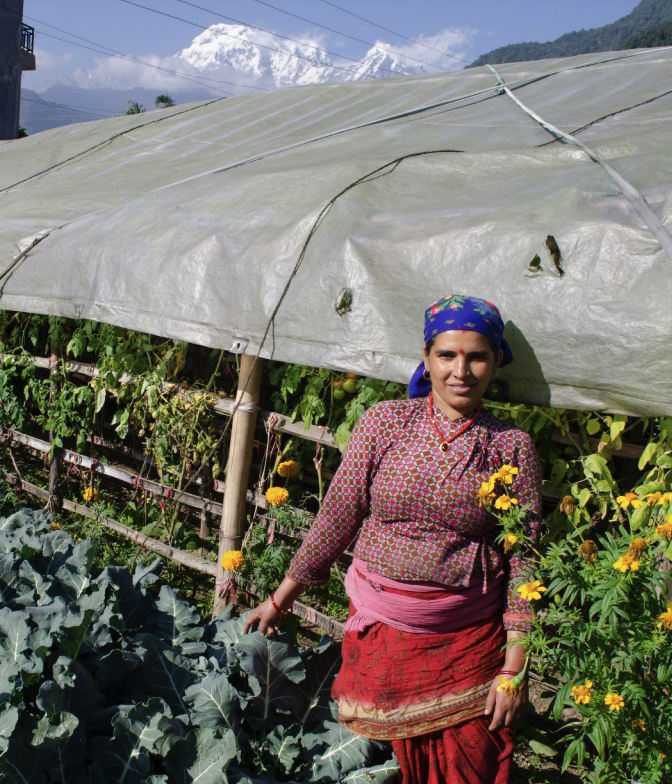
NTF4Ag: Emerging Lessons and New Frontiers – INNOVATE Final Synthesis Report
- Partner: Mennonite Economic Development Associates (MEDA), International Development Research Centre (IDRC)
- Publication Type: Report
- Date: April 2020
The INNOVATE Final Synthesis Report, produced with support from MarketShare Associates, brings together key results, insights and lessons from the research conducted by MEDA INNOVATE and its partners from 2017-2020, with the goal of learning and documenting experiences of non-traditional finance for catalyzing smallholder agricultural innovation adoption.
Read More
Discovering A Route to Formalize Women-Owned Businesses in Jordan
- Partner: Arab Women’s Enterprise Fund (AWEF), DAI, UK Department for International Development (DFID)
- Publication Type: Blog Post
- Date: March 10, 2020
This blog builds on MarketShare Associates' work in Jordan supporting the Arab Women’s Enterprise Fund (AWEF) to stimulate increased women’s economic empowerment through a market systems approach. The authors share key results from AWEF's work with local municipalities to facilitate home-based vocational licensing. To date, AWEF’s approach has led to adoption of the home-based licensing process across 20 municipalities within Jordan, with over 300 women obtaining vocational licenses. As part of the licensing process women are trained to adjust production to meet market and supplier requirements, enabling many of them to grow and formalize their businesses. Several women who were licensed have been connected to large, national buyers.
Read More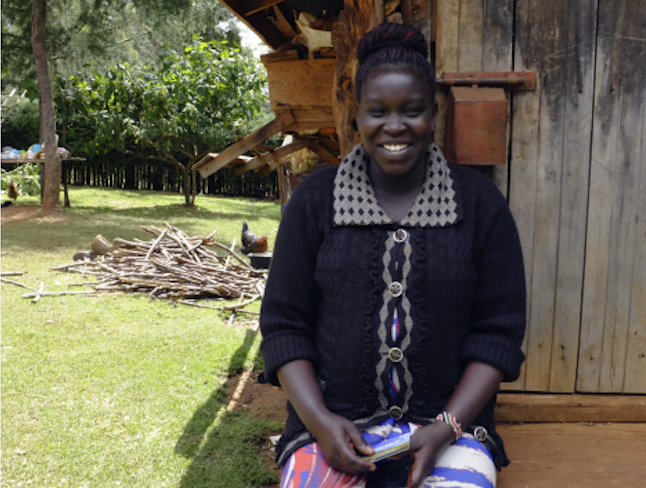
Digital Platforms and Customer Centricity: Fostering Adoption and Sustained Use of AgTech Solutions
- Partner: Mennonite Economic Development Associates (MEDA), International Development Research Centre (IDRC)
- Publication Type: Report
- Date: March 2020
As part of INNOVATE, a three-year initiative assessing the potential of non-traditional finance to enable adoption of smallholder agricultural innovations in South Asia, South America and East Africa, MEDA and MarketShare Associates produced a learning paper examining the role of digital platforms and the importance of customer and user experiences to reach and serve smallholder farmers. Through a review of the literature and in-depth interviews with firms leading the development of digital platforms for smallholders and relevant ecosystem players, this paper examines lessons learned for improving customer experiences and fostering increased uptake and sustained use of AgTech innovations.
Read More
Using data to promote women’s empowerment in MSD programmes: the experience of AWEF
- Partner: Arab Women’s Enterprise Fund (AWEF), DAI, UK Department for International Development (DFID)
- Publication Type: Blog Post
- Date: February 11, 2020
The MarketShare Associates team shares lessons learned as part of the Arab Women’s Enterprise Fund (AWEF) for effectively collecting and using data to stimulate increased women’s economic empowerment through a market systems approach. Funded by the U.K. Department for International Development (DFID), AWEF has been one of DFID’s flagship women’s economic empowerment programmes working in Jordan, Egypt and until March 2018, the Occupied Palestinian Territories. This blog focuses on using data for programme design, to stimulate crowding-in, to learn and pivot strategies, and to understand systemic change.
Read More
Mobile Money and PAYG Innovation to Scale AgTech Adoption in Smallholder Value Chains
- Partner: Mennonite Economic Development Associates (MEDA), International Development Research Centre (IDRC)
- Publication Type: Brief
- Date: February 2020
MarketShare Associates was engaged as MEDA’s INNOVATE learning partner to produce a series of briefs highlighting key results and learnings from its research portfolio assessing the potential of non-traditional finance to stimulate agricultural innovation adoption among smallholder farmers in South Asia, South America and East Africa. This brief focuses on experiences and lessons learned from the pilot project implemented by I-DEV International, “Mobile Money & Pay-AsYou-Go (PAYG) Innovation to Scale: AgTech Adoption in the Smallholder Value Chain”.
Read More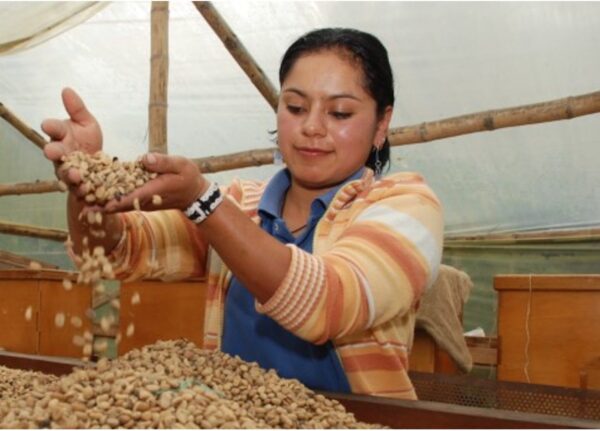
Women in the workplace: how better data can lead to systemic change
- Partner: Donor Committee for Enterprise Development (DCED), BEAM Exchange
- Publication Type: Webinar
- Date: January 28, 2020
Limited data on the number of women workers, the roles they play, and the barriers and opportunities they face can mean that companies, and even entire sectors, exclude or underutilise women’s talents. This webinar drew on MarketShare Associates' work supporting the Arab Women’s Enterprise Fund (AWEF) to stimulate increased women’s economic empowerment through a market systems approach. Speakers presented diverse approaches to collecting and using data to enhance understanding of the risks and opportunities for women within a company’s business operations and supply chains.
Read More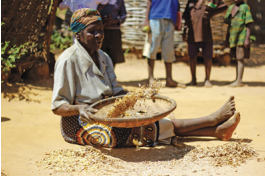
The Chithumba Model: Combining Pre-Harvest Financing, GAP Training, and Access to Markets for Smallholder Farmers in Malawi
- Partner: Mennonite Economic Development Associates (MEDA), International Development Research Centre (IDRC)
- Publication Type: Brief
- Date: December 2019
MarketShare Associates (MSA) was engaged as MEDA’s learning partner on INNOVATE and produced a series of briefs highlighting key results and insights from the research portfolio assessing the potential of non-traditional finance to stimulate agricultural innovation adoption among smallholder farmers in South Asia, South America and East Africa. MSA produced this brief summarizing findings from the case study conducted by Agronomy Technology Limited (ATL) titled: “A Case Study of the Chithumba Model: a non-traditional finance mechanism to improve access to farm inputs in Malawi”. The briefoutlines the Chithumba bundled services model that includes loans, inputs, Good Agricultural Practices (GAP) training, and marketing services. The brief also highlights recommendations for agri-inputs credit issuers, implementing organizations, and agribusinesses.
Read More

